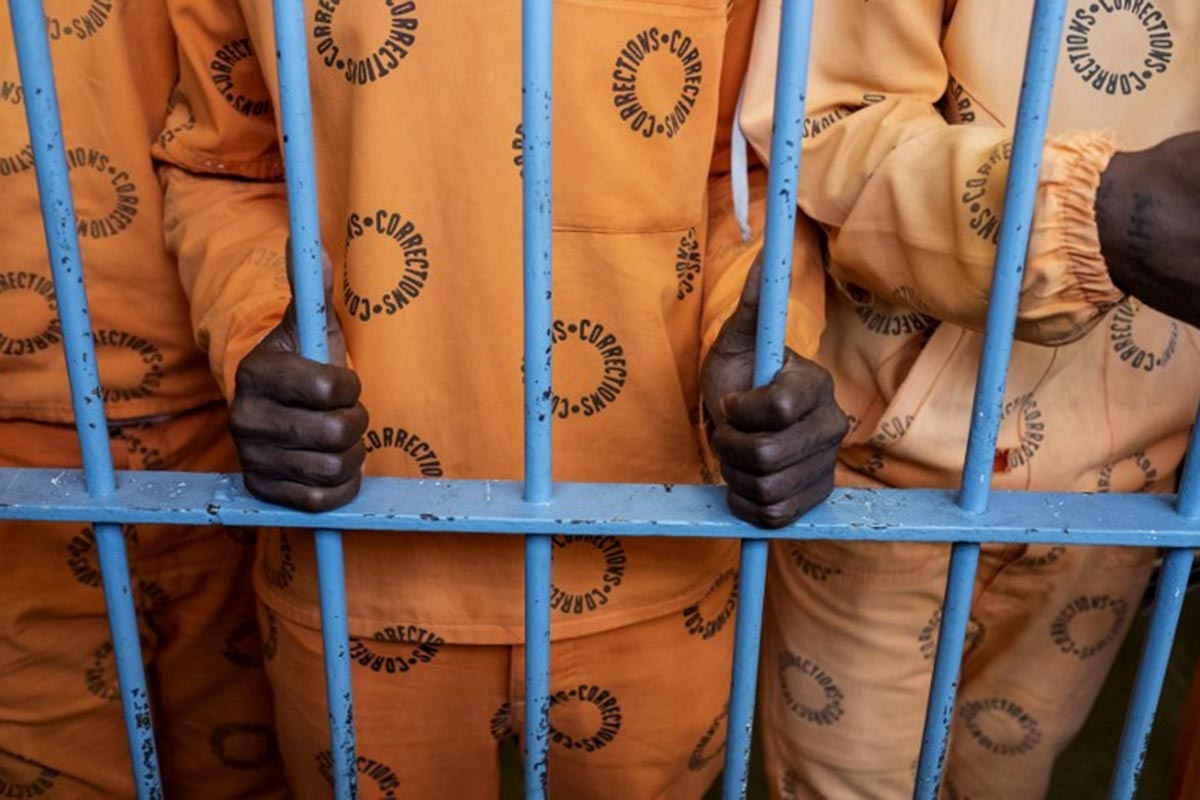On September 5, the Western Cape High Court ruled that South Africa’s national prison oversight body, the Judicial Inspectorate for Correctional Services (JICS) lacked the requisite independence to adequately protect prisoners’ rights.
Many people question whether we should care about prisoners. And if so, why? In my opinion, the answer is simple: these are human beings, who still legally retain their most basic human rights whilst in prison, and who will inevitably be released back into society. So really the question is, what kind of person do you want coming back into your community? One who has witnessed and experienced serious violence in prison, been exposed to dire condition of detention, and/or contracted HIV or TB; or someone who has been treated fairly and humanely, and gone through rehabilitation programmes in prison, eager to be released as a person who could make a positive contribution to society?
If we find ourselves saying that prisoners should be locked up forever, with little regard to how they are treated, then we are disregarding a necessary understanding of human nature. According to the foundational social theory of Emile Durkheim, people are not born criminals, criminality is essentially a product of socialisation. And what can be learned, can be unlearned. Once we accept this, then it is clear that prisoners must be treated with human dignity in order to prevent any further violence.
The problem is that prisons are “closed” institutions, blocked off to society. Not only does this mean that prisoners cannot leave, but that society cannot enter. The effect is that the abuse of prisoners and other rights infringements are allowed to run rampant in prisons, often with impunity. According to the Department of Correctional Service’s (DCS) 2017/2018 Annual Report, 7474 inmates were injured as a result of assaults (in most cases by officials) and 61 inmates died “unnatural deaths” during the reporting period.
It is imperative to have a designated monitoring body that can act as a watchdog for the wellbeing of prisoners and ensure that the government department responsible for prisons is doing its job properly.
In South Africa, JICS fills this position. It is empowered to inspect prisons, report on the conditions of detention and treatment of prisoners, and deal with any complaints that it receives in relation to these issues. However, despite JICS’s good intentions and dedication, its efficacy is hamstrung by its legislatively-mandated close ties to DCS – the very department that it is supposed to oversee.
Not only does JICS have to report to DCS, it is financially reliant on DCS’s budget and operational equipment (such as cars, computers, office space), and DCS is responsible for the appointment of key JICS staff positions. This lack of independence hampers JICS’s ability to properly hold DCS to account (without fear of reprisal, such as budget cuts) and impairs its legitimacy as a protective oversight body.
No plan of action to set things right
Sonke has engaged JICS and the DCS on multiple occasions over a number of years. Though the Portfolio Committee on Correctional Services, and JICS itself, consistently acknowledge that JICS’s lack of independence hinders its effectiveness, no plan of action has ever been taken forward to amend the empowering legislation. As a measure of last resort, Sonke approached the courts to deal with this matter, seeking an order declaring JICS’s empowering legislation (the Correctional Services Act) constitutionally invalid, to the extent that it undermines JICS’s ability to function independently and with the necessary authority. We filed an application in December 2016 and in spite of multiple postponements and delays in process the case was finally heard on June 6, 2019.
The court found in favour of Sonke, concluding that the Constitution does impose a positive duty on the state to establish and maintain an independent prisons inspectorate, and that several sections of the Correctional Services Act (largely relating to JICS’s financial independence) “fall beneath the standard of the independence required of it, constitutionally, to function as such so as to give effect to the rights enshrined in the Bill of Rights regarding the inmates and, in particular, the right to human dignity, which is the foundation of the Act”.
The judgment further states that “It goes without saying that if JICS is not adequately independent, that would affect the fulfilment of its inspecting and reporting role on the treatment of inmates in correctional centres and their conditions. This ultimately impacts on the protection, promotion or fulfilment of the Bill of Rights as it pertains to the inmates.”
We thus consider this case a major victory for the rights of inmates, which is an especially important win in the current South African climate of increasingly punitive rhetoric, where we are seeing calls for the reinstatement of the death penalty. The case exemplifies the judiciary’s recognition and protection of inmates’ rights, and hopefully this will influence the boni mores of society.








